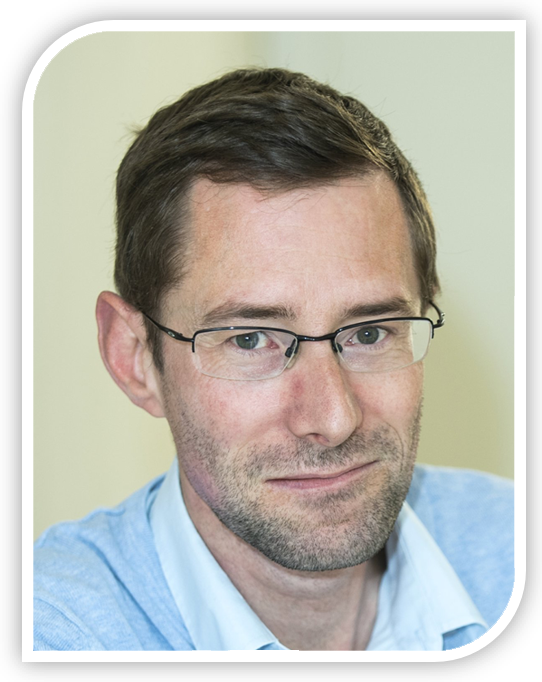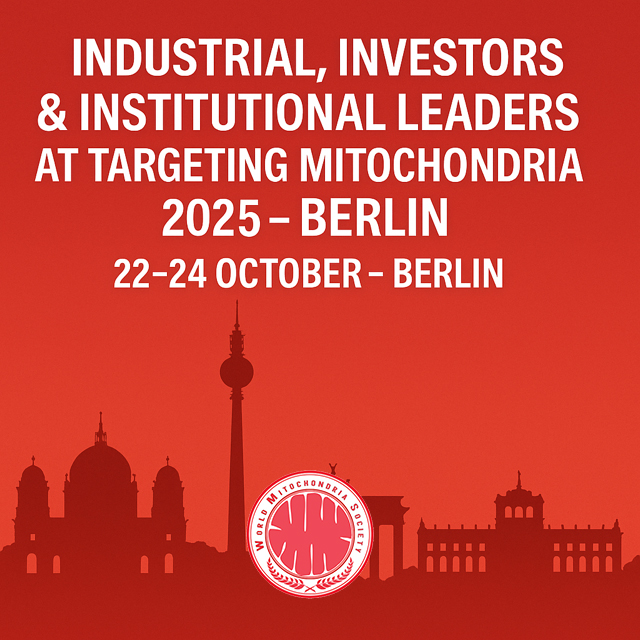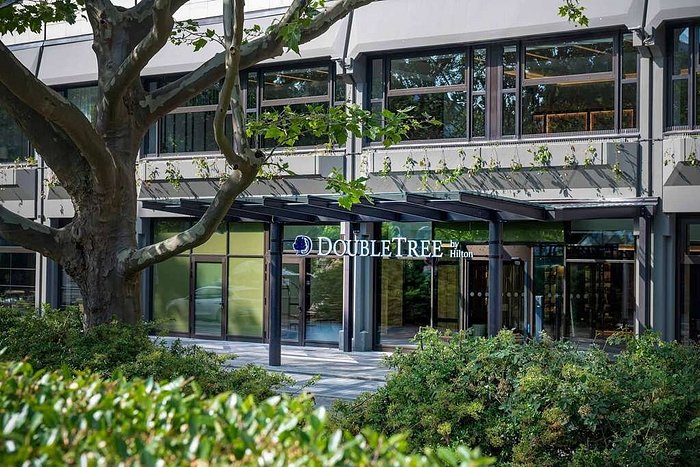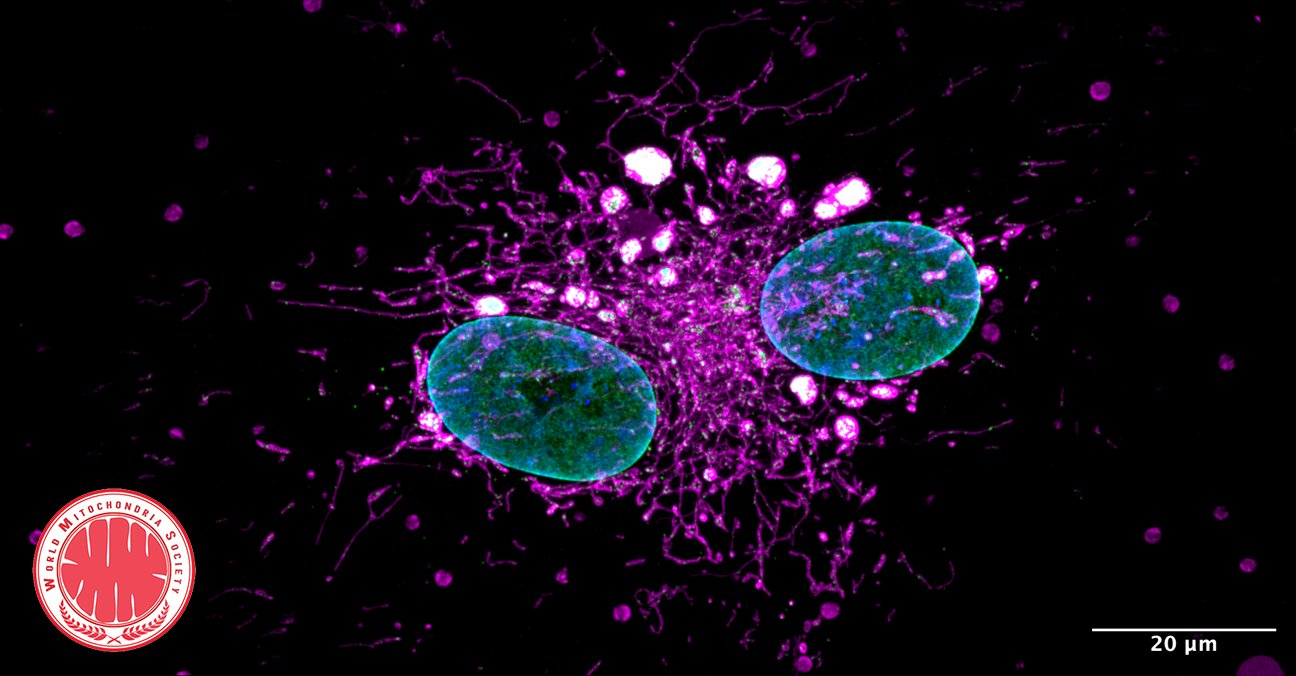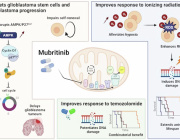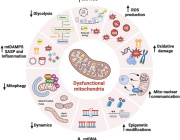Mitochondrial Antioxidant Therapy for Treating Vascular Aging

Prof. Seals will give a strategic talk on "Mitochondrial Antioxidant Therapy for Treating Vascular Aging".
The Scientific Committee of Targeting Mitochondria 2019 Congress is honored to announce Prof. Douglas R Seals from University of Colorado Boulder, USA will be joining us for our 10th Anniversary Edition of Targeting Mitochondria World Congress, which will be held in Berlin on October 28th-29th, 2019.
Summary of the Talk: Arterial dysfunction is the major risk factor driving the dramatic increase in risk of cardiovascular diseases with aging. Excessive superoxide production by mitochondria is a key mechanism underlying age-related vascular dysfunction and, as such, is a major therapeutic target for prevention of cardiovascular disorders. I will discuss our translational research efforts to establish the efficacy of the mitochondrial antioxidant, MitoQ, for the treatment of arterial dysfunction with aging.
For more information about Targeting Mitochondria 2019: https://targeting-mitochondria.com
The brain MITOxy project : from mitochondria to proteases and reactive species interactome in brain
Dr. Laurent Chatre will introduce "The brain MITOxy project : from mitochondria to proteases and reactive species interactome in brain".
Dr. Laurent Chatre from CNRS, the University of Caen-Normandie, France will join the 10th Anniversary Edition of Targeting Mitochondria World Congress, which will be held in Berlin on October 28th-29th, 2019.
Summary of presentation: From brain functions to brain hypoxia, ischemia, inflammation and cancer, Dr. Chatre will discuss their starting brain MITOxy project positioningt he coordination between mitochondria, proteases including serine proteases and the reactive species interactome (RSI)as the key regulator involved in normal and pathological conditions, and to control in the future.
For more information about Targeting Mitochondria 2019: https://targeting-mitochondria.com
Mitochondria, as central regulators of neural stem cell fate
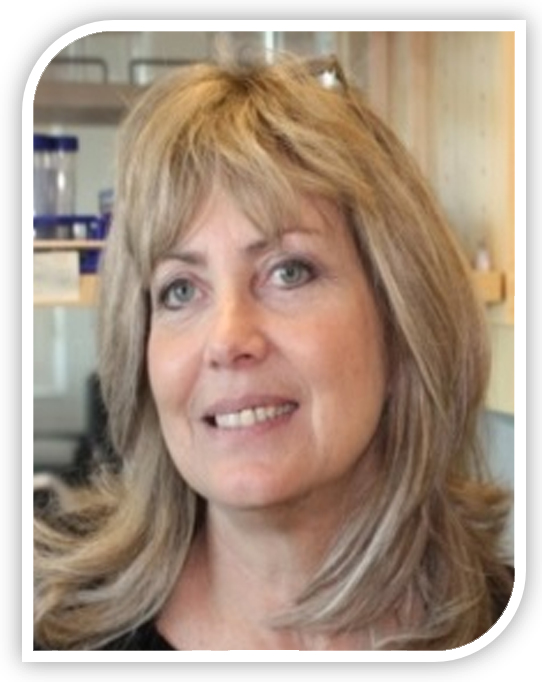 The Scientific Committee of WMS is honored to announce that Dr. Ruth Slacks from University of Ottawa, Canada will be joining us for our 10th Anniversary Edition of Targeting Mitochondria World Congress, which will be held in Berlin on October 28th-29th, 2019.
The Scientific Committee of WMS is honored to announce that Dr. Ruth Slacks from University of Ottawa, Canada will be joining us for our 10th Anniversary Edition of Targeting Mitochondria World Congress, which will be held in Berlin on October 28th-29th, 2019.
Dr. Slacks will give a presentation entitled "Mitochondria, as central regulators of neural stem cell fate".
For more information: https://targeting-mitochondria.com
Mitochondrial Copper Toxicity with a Focus on Wilson Disease
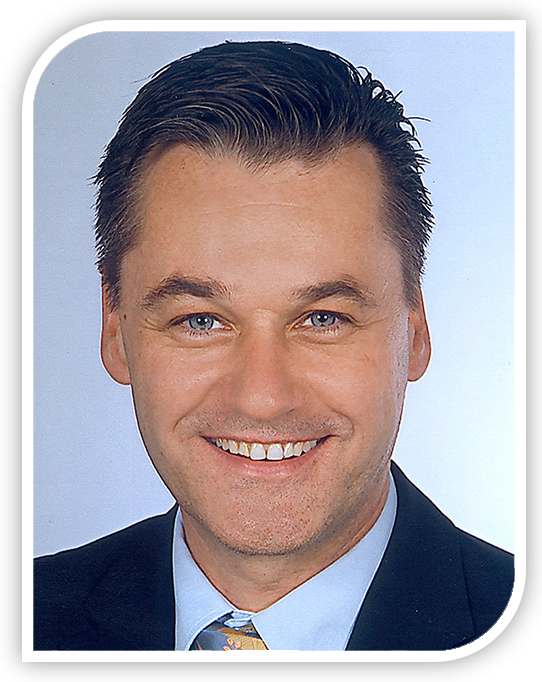
Prof. Hans Zischka from Institute of Molecular Toxicology and Pharmacology, Germany will present his team's research during the congress and will give a talk entitled "Mitochondrial Copper Toxicity with a Focus on Wilson Disease".
Summary of Talk: Wilson disease (WD) is a hereditary defect in the metabolism of copper. Here, the liver is unable to eliminate excess copper causing its accumulation primarily in liver and brain. In neurons and hepatocytes, a rising copper overload particularly damages their mitochondria. However, sometimes years pass before cell death occurs, suggesting the possible existence of intracellular protective mechanisms that can counteract such mitochondrial poisoning.
Therefore, we examined cell cultures from WD patients but also WD rodent models for their reaction to copper. We observed that the hepatocytes reacted to copper overload with an intensification of the mechanisms that support autophagy. Particularly, the copper-overloaded mitochondria are affected by this process (in this case called mitophagy). However, mitophagy helps only up to a certain level of copper overload and other treatments need to be employed to avoid cell death. Nevertheless, these results demonstrate the potential for cell regeneration resulting from auto-/mitophagy, which could also be relevant for other disorders that arise or are paralleled by cell-toxic metal accumulations.
For more information: https://targeting-mitochondria.com
The challenge of qualitative and quantitative assessment of mitochondrial function
Dr. Egbert Mik will overview the perspective related to Mitochondria Evaluation in vitro, in vivo and human
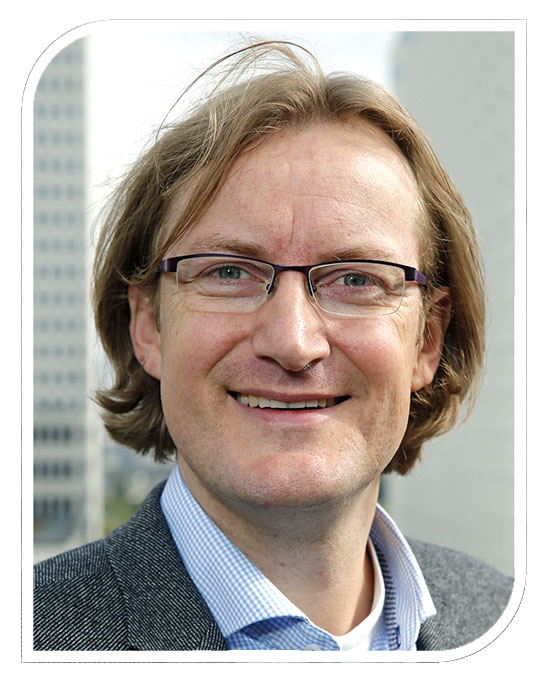
Dr. Egbert Mik from the Department of Anesthesiology, Erasmus MC, University Medical Center Rotterdam, The Netherlands will join the 10th Anniversary Edition of Targeting Mitochondria World Congress, which will be held in Berlin on October 28th-29th, 2019
Dr. Mik will present the last methods (qualitative and quantitative assessment of mitochondrial function) and What we know in 2019 ?
For more information about Targeting Mitochondria 2019: https://targeting-mitochondria.com
Targeting Mitochondria 2019 Congress will be held Hotel InterContinental
Budapester Straße 2, 10787 Berlin, Germany
*****
Hotel Booking with preferential rate is closed after October 7th.
|
Please be careful: if some third-party company contacts you Hotel booking & Transport and asks about your Credit card information.
Please book your Hotel only using the special link below!
We do not have any representatives or Travel Agency. If anyone contacts you, it is not related to Targeting Mitochondria 2019 Congress.
|
Special Rate for Room Booking at Intercontinental Berlin Hotel
 |
 |
|
The upscale InterContinental® Berlin hotel sits next to leafy Tiergarten Park, pleasant walk from the iconic Brandenburg Gate. Choose an elegant room or spacious suite, swim in the inviting indoor pool and indulge in a treatment at SPA InterContinental. Entertaining clients in style on a dedicated meeting floor or making an impression with a function in the ballroom. After work, sip cocktails in the Marlene Bar and experience gourmet dining in a chic 14th-floor restaurant with panoramic city views. Targeting Mitochondria Committee offers to the congress attendees a special privileged rate for your booki: |
|
2,4-Dinitrophenol as Medicine
 The Scientific Committee of Targeting Mitochondria 2019 congress invited Dr. John G. Geisler from Mitochon Pharmaceuticals, Inc, USA to talk about his research on "2,4-Dinitrophenol as Medicine" during the 10th Anniversary of Targeting Mitochondria Congress, which will be held in Berlin, Germany, on October 27th – 29th, 2019.
The Scientific Committee of Targeting Mitochondria 2019 congress invited Dr. John G. Geisler from Mitochon Pharmaceuticals, Inc, USA to talk about his research on "2,4-Dinitrophenol as Medicine" during the 10th Anniversary of Targeting Mitochondria Congress, which will be held in Berlin, Germany, on October 27th – 29th, 2019.
For more information about Targeting Mitochondria 2019: https://targeting-mitochondria.com
Microbiota-Mitochondria Intertalk: A Dedicated session
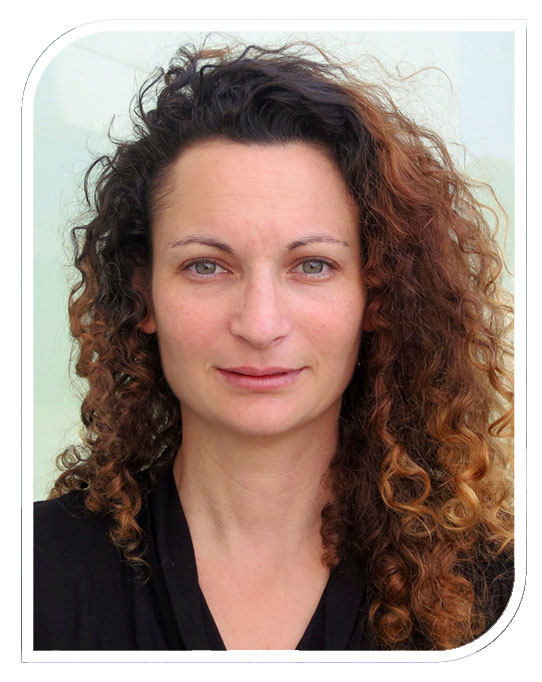 During the Targeting Mitochondria, a session will be chaired by Prof. Marvin Edeas, University Paris Descartes, INSERM U1016, France, concerning the hot topics 2019: Microbiota-Mitochondria Intertalk.
During the Targeting Mitochondria, a session will be chaired by Prof. Marvin Edeas, University Paris Descartes, INSERM U1016, France, concerning the hot topics 2019: Microbiota-Mitochondria Intertalk.
Two Talks will be presented during this dedicated session:
Mitochondria & Microbiota Inter-talk: Gut Microbiota inflence Mitochondria activity in patients
Marvin Edeas, University Paris Descartes, INSERM U1016, France
Host mitochondria influence gut microbiome diversity: A role for ROS
Tal Yardeni, Children's Hospital of Philadelphia, USA
Summary of Dr. Yardeni's presentation: "Changes in the gut microbiome are linked with the same diseases as those caused by changes in the mitochondrial genome. To investigate why, we tested the gut microbiome community of our mitochondrial mouse models. These studies reveal that the host mitochondrial ROS production influences the gut microbiome community. Our data suggest that mitochondrial function modulates both ROS production and the microbiome, implying that the connection between the gut microbiome and common disease might be due to changes in mitochondrial function."
For more information about Targeting Mitochondria 2019: https://targeting-mitochondria.com


